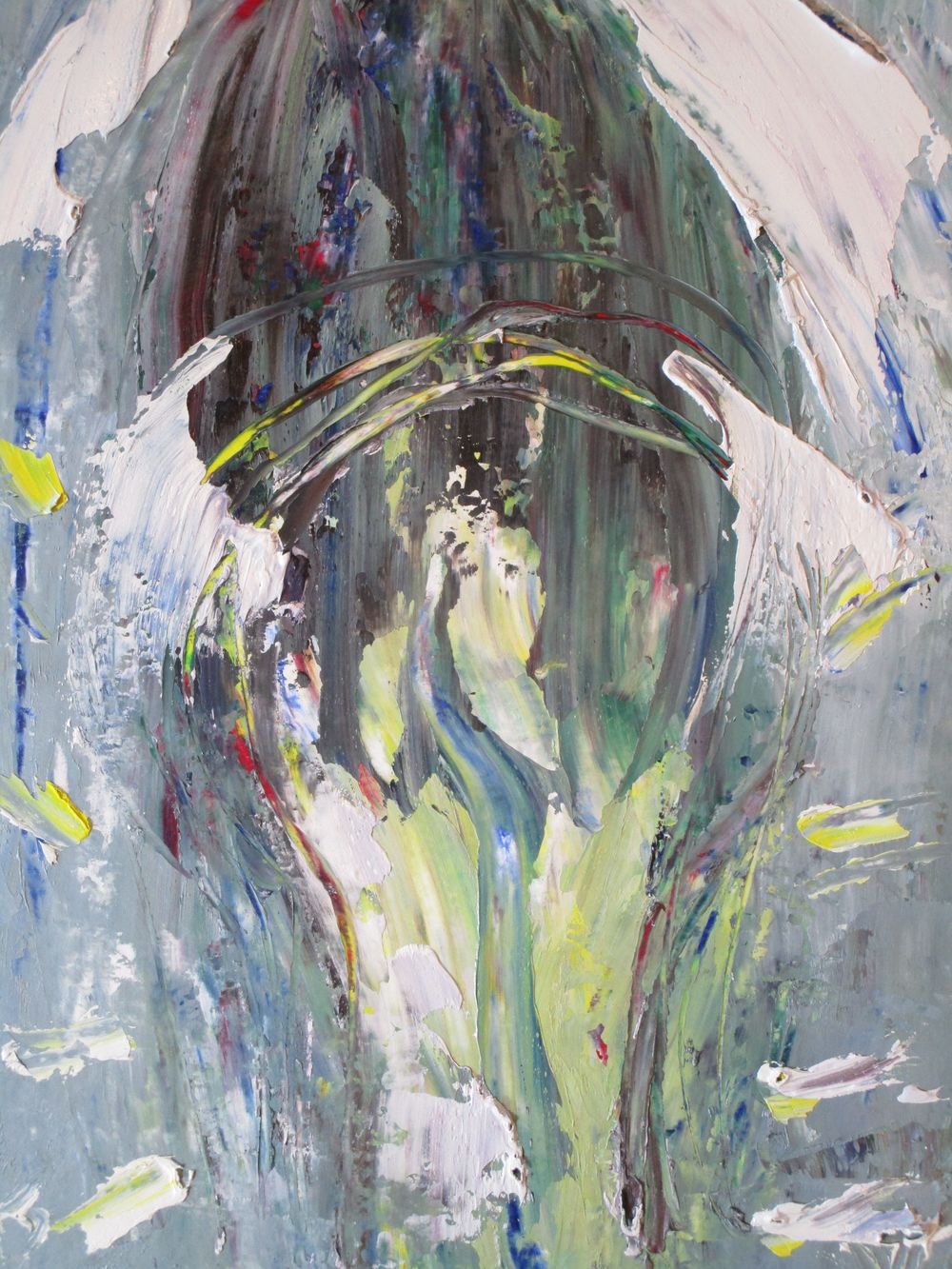June 13, 2015 is the 49th anniversary of Miranda v. Arizona, a landmark U.S. Supreme Court decision about the bounds of interrogation.

On the 49th anniversary of Miranda v. Arizona, some will celebrate civil rights and the Warren Court due process revolution that created nationalized criminal procedure as we know it. Others might lament the perceived erosion of those rights. Few will celebrate the woman to whom we owe our Miranda rights.
Patty McGee is an unsung American hero. We should honor her on the anniversary of the Supreme Court decision that swung the law-and-order pendulum back towards liberty.
Patty was a teenage rape victim. She was so shy, she barely spoke. This might have been because she knew that she was mildly retarded, which made her self-conscious. And yet, she insisted on speaking out and telling the truth—even when police didn’t believe her, and for a time declined to investigate her case.
One night, Patty was walking home from work. It was just a few blocks from the bus stop to her house. Ernesto Miranda drove up, grabbed her, tied her up, drove off, raped her, and took her $4. He restrained her with ropes he kept dangling in his car, before and after the attack.
Dude drove around with rape ropes dangling in his car. The police had a thick file on him that suggested a pattern of abduction, rape, and robbery. It seems he did this with some frequency—but no one pressed charges. No one before Patty. As he left, told her to pray for him.
As is normal following trauma, Patty’s statements were not fully coherent or consistent. So police asked Patty to take a lie detector test. This means police tied up (to lie detection equipment) and questioned a teenage rape victim who had been tied up and assaulted. Then they told her the results were inconclusive, and declined to investigate her case.
Patty went back to work. But like the majority of rape victims following an assault, her functioning was impaired. She couldn’t walk home anymore. So her brother picked her up at the bus stop and drove her the few blocks home.
On their way home one night, Patty saw him. Miranda, his car, and the ropes still dangling inside. Again, Patty spoke up. Her brother tailed the car. Miranda fled, but they got his plates.
Police paid Miranda a visit, and the rest is fairly well-known American legal and cultural history. Miranda confessed and was convicted. His confession and conviction were thrown out on appeal to the Supreme Court, reaffirming our Constitutional right to remain silent—and with it the sacred nature of internal space, and the bodily line of it that the state may not cross.

We contain sanctuary. The internal cave, in Plato’s allegory of the mental space of exegetical experience—where the metaphysical dwells somewhere in the physical, before words—is not terrain that can be taken or taxed. And we only owe our confessions to God.
Miranda was retried and reconvicted without the discarded confession. Patty testified a second time—something many rape victims are too afraid or traumatized to do once. She was the least likely victim to achieve this success, and it got her no material benefit. We don’t know what it cost her, but we know the second trial had to be rescheduled around the birth of her child. While Miranda was imprisoned, Patty had gotten married and was pregnant.
Miranda was retried and reconvicted. He didn’t serve much time, and was later killed after a bar fight. His killer ran away down a back ally. The killer’s accomplice couldn’t be convicted because he shut up after police read him his Miranda rights.
History books don’t usually mention Patty McGee, the quiet woman whose speaking up institutionalized our right to silence. It wasn’t until 2005—over 40 years after Patty’s ordeal began—that Congress passed a version of the Violence Against Women Act forbidding police from requiring rape victims to submit to lie detector tests as a condition of proceeding with investigations.
After Miranda, the Court recognized the spiritual aspect of the Fifth Amendment. The privacy of mind and fact that you only owe your confessions to God. The sacred internal space where no man may tread—even for the security of a whole nation. Because undermining the values for which we stand, far from making us safer, degrades our security.

Far from opposing it as a value, our liberty is our security. Evidence-based procedural justice research supports this moral intuition: people who don’t think the police act fairly are less likely to cooperate or behave in law-abiding ways—undermining safety for the community as a whole. Conversely, when the people feel safe to flourish, they work together better to create that very safety.
So on the anniversary of Miranda, we should celebrate Patty McGee. She advanced our liberty, and with it our security, by trusting in police. Ironically, her voice reaffirmed our right to silence. Her response to violations of her own sacred internal space—physical and mental—caused the state to better recognize the sacred nature of that space for us all. And most textbooks that talk about Miranda don’t mention her, because she did what resilient people do after trauma. She lived her life on her own terms, not defined by what had happened, but by her own desires and success.